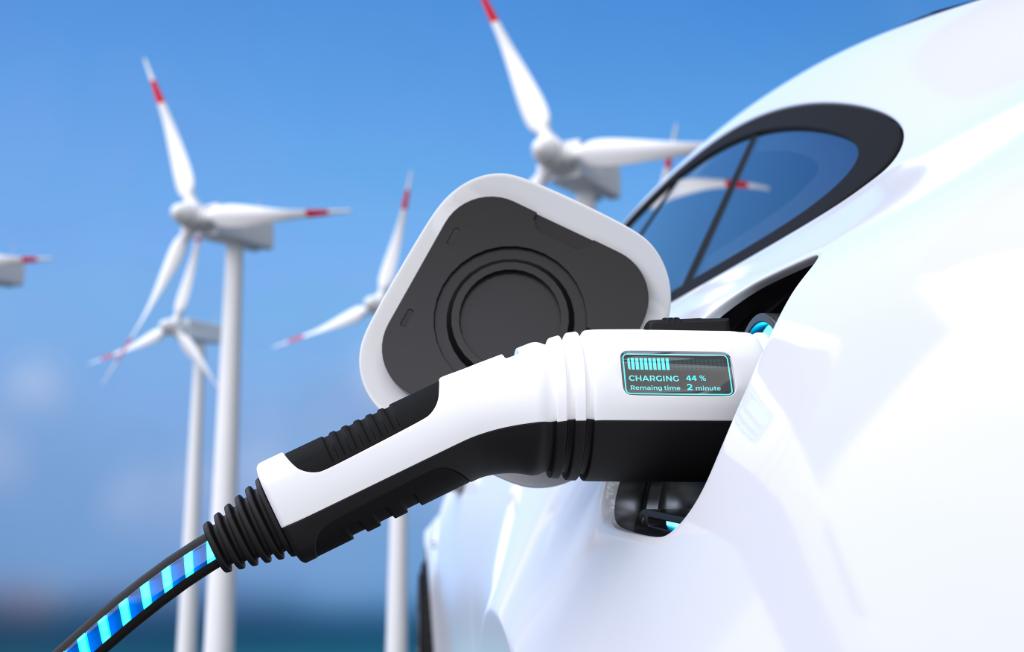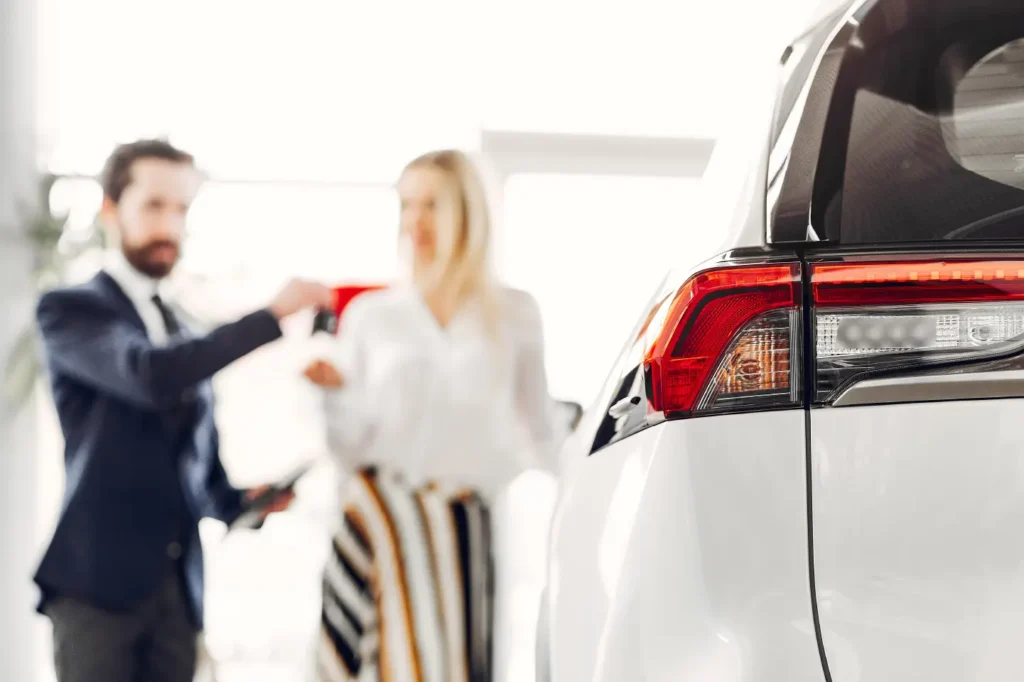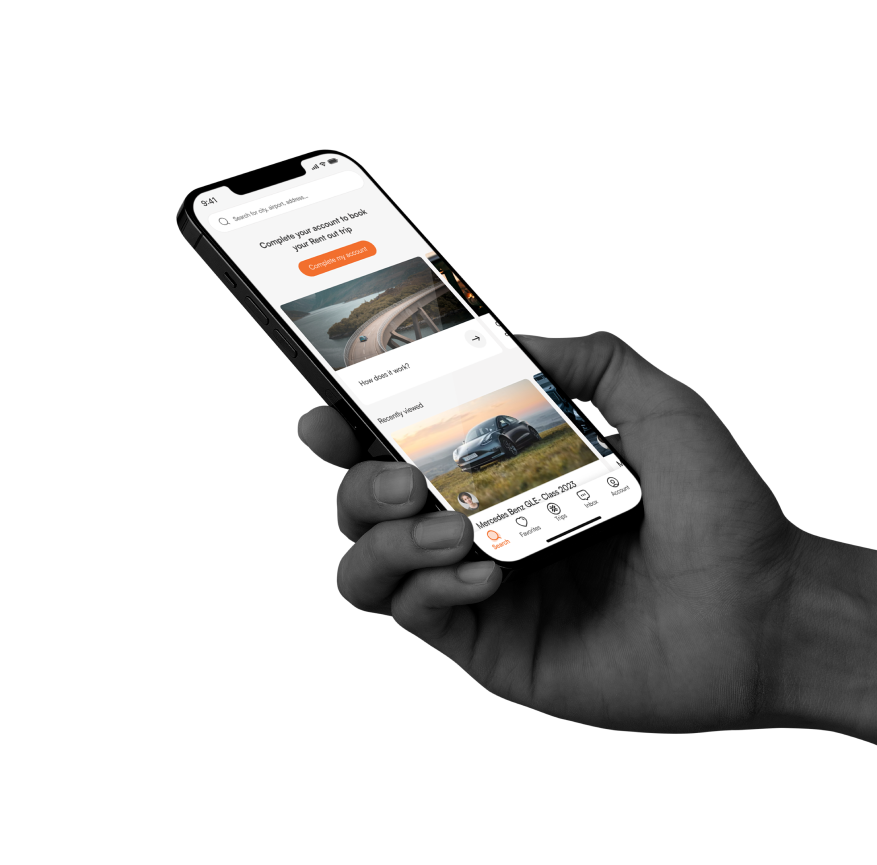Five Trends Set to Revolutionize the Automotive Industry in the Next Five Years
The dynamics of how consumers engage with their cars are undergoing a paradigm shift. Several groundbreaking innovations in automotive software are poised to revolutionize the driving experience, influencing how we access and control vehicles and how they interact with users and the surroundings. Over the upcoming five years, five pivotal trends are expected to gain traction.
The software in a vehicle will be as important as its logo
In the future, a vehicle’s software will hold as much significance as its emblem. Termed Software-Defined Vehicles (SDVs), tomorrow’s cars will have features and functions dictated by software, with a focus on user experience rather than physical attributes. This software-driven approach will establish a direct link between car manufacturers and customers, fostering platform-driven automotive businesses capable of seamlessly delivering personalized services through vehicles.
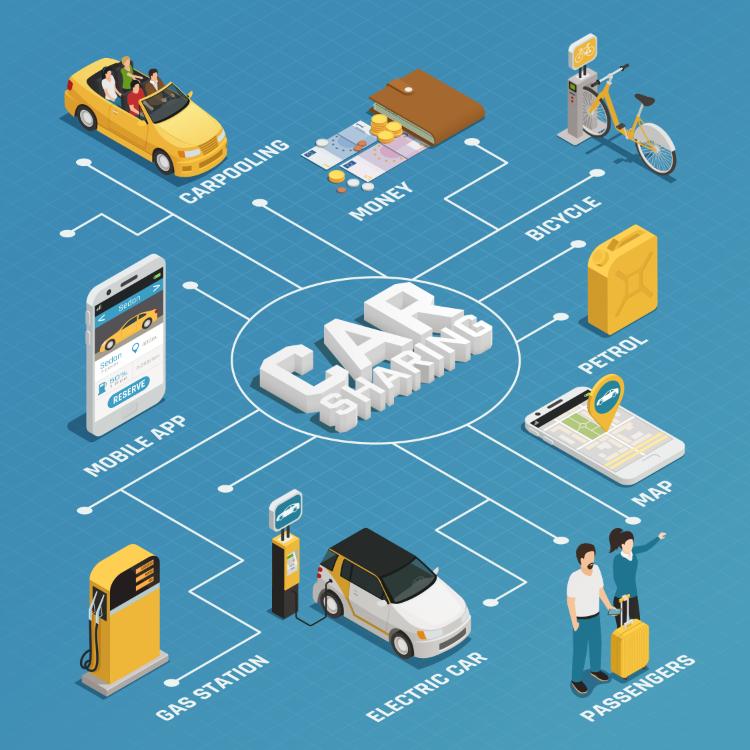
Initiatives like Gaia-X 4 Future Mobility in Europe aim to enhance connectivity among car users, service providers, manufacturers, and suppliers, leading to smart traffic infrastructure, vehicle lifecycle management, and digital twins for autonomous vehicles.
As vehicles become increasingly software-defined and interconnected, their value extends beyond physical attributes to encompass a diverse array of services available to users.

The software in a vehicle will be as important as its logo
In the future, a vehicle’s software will hold as much significance as its emblem. Termed Software-Defined Vehicles (SDVs), tomorrow’s cars will have features and functions dictated by software, with a focus on user experience rather than physical attributes. This software-driven approach will establish a direct link between car manufacturers and customers, fostering platform-driven automotive businesses capable of seamlessly delivering personalized services through vehicles.
The car will renew itself and offer on-demand upgrades
The notion of cars renewing themselves and offering on-demand upgrades is gaining ground. Similar to regular software updates on smartphones, SDVs connected to the internet are evolving in a similar direction, though challenges remain for them to attain the self-healing, self-renewing, and flexible characteristics of smartphones. Car manufacturers are already experimenting with on-demand services delivered as software updates. Brands like BMW and Volvo provide downloadable upgrades and over-the-air (OTA) software updates directly to vehicles, exploring options for monetizing these updates. Subscription services for enhanced performance, heated seats, and even pay-as-you-go autonomous driving are being considered, indicating a shift in how users interact with their vehicles.
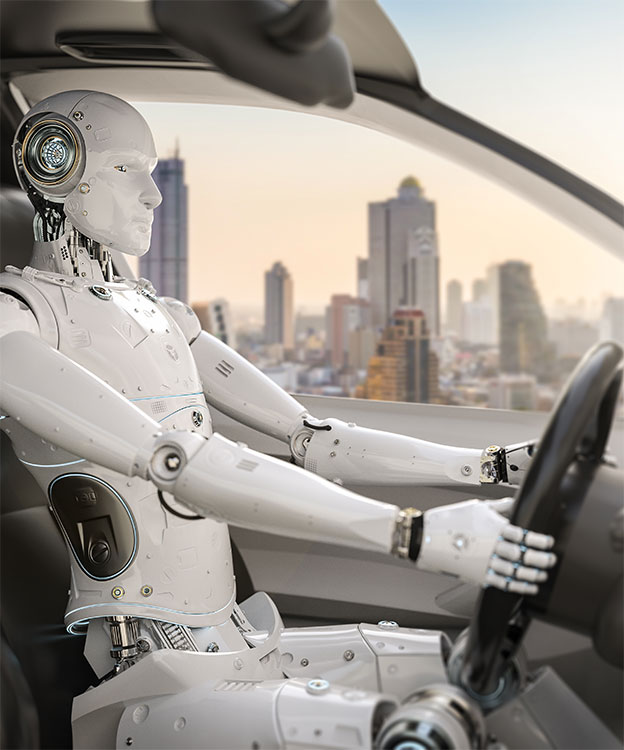

For Gen Z, owning a car may be a thing of the past
For the younger generation (Gen Z), traditional car ownership may become obsolete. Changing work and lifestyle patterns, driven by hybrid working, reduce the necessity for daily commutes, making the traditional ownership model less appealing. Instead, the preference may shift towards paying for a vehicle only when needed, facilitated by subscription-based, car-sharing, or peer-to-peer rental services. Car subscriptions, different from traditional leasing, offer shorter and more flexible terms, often including insurance and maintenance. Various car manufacturers, including Audi, Lexus, Nissan, Porsche, and Volvo, along with startups like Borrow, are exploring subscription models, ushering in a new era of flexible and on-demand mobility services.
The car will arrange an appointment with a mechanic before you know you have a problem
The evolving Internet of Things (IoT) will utilize car connectivity to transmit real-time vehicle diagnostics for sophisticated and convenient predictive maintenance. Advanced analytics powered by artificial intelligence (AI) will enable cars to proactively flag impending issues to garages, dealerships, or manufacturers, lessening the driver’s responsibility for identifying maintenance issues and enhancing road safety. Manufacturers can aggregate data from individual cars into a comprehensive errors and maintenance log, allowing for more accurate trend spotting and early issue identification throughout a vehicle’s lifecycle.
Future EVs may be fuelled by hydrogen
As global electric vehicle (EV) sales surge, the rising costs of EV batteries, long waiting times, and challenges in scaling recharging infrastructure pose obstacles to widespread adoption. Software-defined vehicles (SDVs) equipped with smart routing and energy optimization capabilities can mitigate these challenges. However, the quest for viable fuel alternatives, such as hydrogen fuel cells, is underway. Initial tests in Germany demonstrate promising results, with hydrogen fuel cells potentially generating significant electricity for vehicles. As the automotive industry transitions to a software-defined vehicle (SDV) world, manufacturers need to pivot towards becoming software companies.
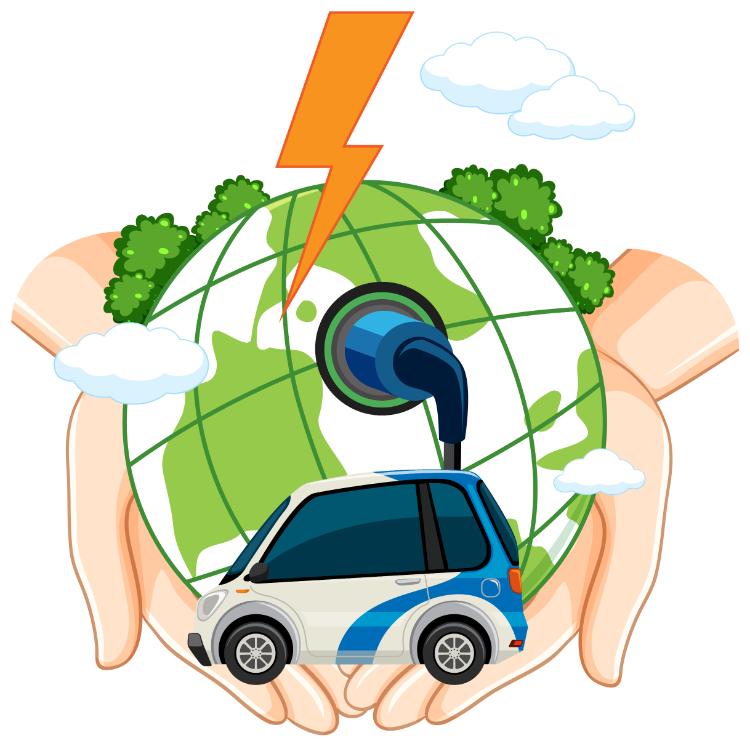
Despite a global shortage of skilled software engineers, partnerships with experienced entities like Luxoft, a DXC Company, can help train thousands of software engineers to ensure a top-notch automotive customer experience for all brands.
In adapting to the software-defined vehicle era, automakers face the challenge of transitioning into software companies. Collaborations and partnerships, such as Cariad’s alliance with Luxoft, become essential to address the global shortage of skilled software engineers. The automotive industry anticipates exciting transformations in vehicle design, usage patterns, and interactions within the expanding automotive ecosystem.
